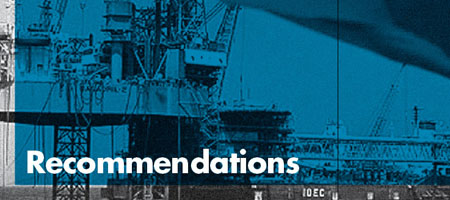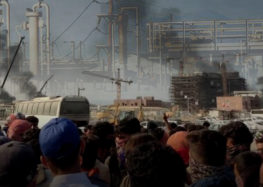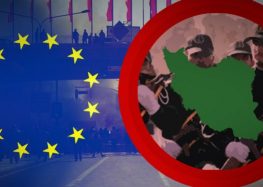Recommendations
A Growing Crisis: The Impact of Sanctions and Regime Policies on Iranians’ Economic and Social Rights
Recommendations
To the governments of the United States and the European Union:
1. Make clear and explicit statements regarding the permissibility of exports of humanitarian goods to Iran, including food, medicine, and medical inputs and equipment.
2. Expedite licensing for all exports justified on humanitarian grounds, especially food and medical exports.
3. Explicitly exempt from banking sanctions all humanitarian transactions with Iran, so that companies who export food, medicine, medical equipment, and other humanitarian goods to Iran can receive payment by their Iranian counterparts.
4. Select a European bank, trained, officially authorized, and supervised by the US government’s Office of Foreign Assets Control (OFAC), to handle all humanitarian transactions with Iran and/or allow an international agency to mediate medical and other humanitarian transactions.
5. Explicitly exempt from sanctions, expedite licensing for, and exempt from banking prohibitions all exports pertinent to the maintenance of civil society in Iran, including those relevant to safe and open access to information such as digital hardware and software.
6. Create channels whereby Iranian educational centers can make payments and gain access to databases containing scholarly books and articles.
To the United Nations:
1. Encourage the establishment of an independent mechanism to monitor the humanitarian effects of sanctions, with particular attention to imports of necessary food and medicine items.
2. Call on all member governments to explicitly exempt from sanctions—and provide expedited export licenses for—all humanitarian goods, including food, medicine, and medical inputs, as well as any goods and services necessary for the maintenance of civil society in Iran.
To the government of Iran:
1. Allocate immediately all necessary funds for the import of requisite medicine and medical inputs and equipment into the country.
2. Allocate to the healthcare sector its share of the savings from the subsidies reform program.
3. Allocate hard currency at the lowest subsidized rate to the Ministry of Health.
4. Re-allocate the funds currently used for luxury items to critically needed humanitarian goods, especially medicines and medical equipment.
5. Encourage Iranian banks to lend to the pharmaceutical industry and the manufacturing sector.
6. Facilitate and expedite licensing and customs procedures for medicines and medical input and equipment.
To private sector companies:
1. Companies relevant to the medical sector, including pharmaceutical companies, suppliers of raw material and inputs, and medical equipment companies, should seek and apply for all necessary licenses for medical exports to Iran, and should facilitate and cooperate with all efforts to set up intermediary financial bodies that can process transactions and payments.
2. Technology firms should seek explicit exemptions from sanctions and apply for licensing for all exports that assist Iranian civil society in information sharing and communication, including hardware needed for the reception of satellite wireless service in Iran, software, social networking tools, and any other relevant and necessary information communication technologies.







